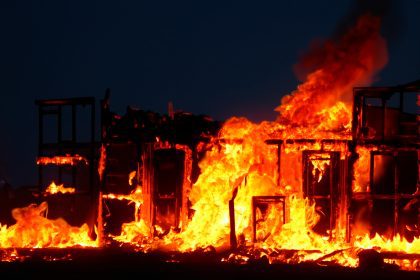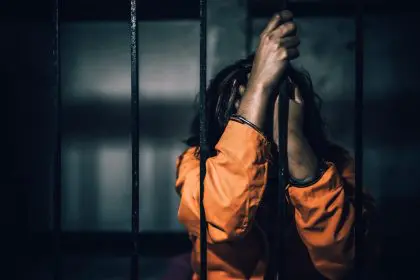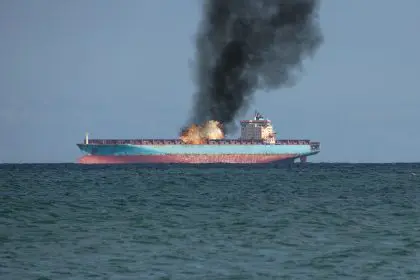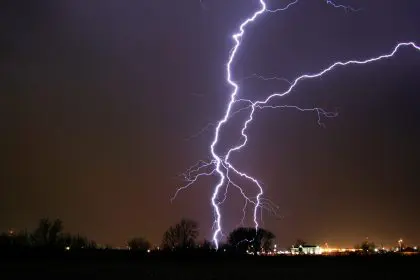Trinidad and Tobago‘s first female president, Christine Carla Kangaloo, declared a state of emergency on Dec. 30 to address the surge in gang-related violence that claimed six lives in a weekend, five in a single night near Port of Spain.
The emergency declaration empowers military and police forces to search properties and detain suspects without warrants, marking a significant shift in the government’s approach to public safety. This development follows the assassination of a gang leader outside a police station, highlighting the audacious nature of criminal activities plaguing the nation.
Strategic response to sophisticated criminal networks
Attorney General Stuart Young emphasized the evolution of criminal operations, particularly noting the increased use of advanced illegal firearms. While the emergency measures avoid imposing curfews or business restrictions, they provide law enforcement with enhanced capabilities to counter organized crime effectively.
The Caribbean nation’s proximity to Venezuela has transformed it into a crucial point for drug trafficking operations, contributing to its elevated crime rates. With 623 murders recorded in 2024 and a population of roughly 1.5 million, Trinidad and Tobago faces significant security challenges that threaten community stability.
International implications and safety concerns
The U.S. State Department maintains a Level 3 travel advisory for the country, recommending Americans reconsider travel plans due to terrorism and kidnapping risks. This classification reflects the broader impact of local violence on international relations and tourism.
The emergency declaration represents a pivotal moment in Trinidad and Tobago’s ongoing battle against gang violence. As authorities implement these expanded powers, the effectiveness of this approach in restoring public safety remains under scrutiny from both local communities and international observers.
This critical juncture tests the government’s ability to balance decisive action against criminal elements while maintaining civil liberties. The outcome of these emergency measures could set a precedent for addressing similar challenges in other Caribbean nations facing comparable security threats.

















